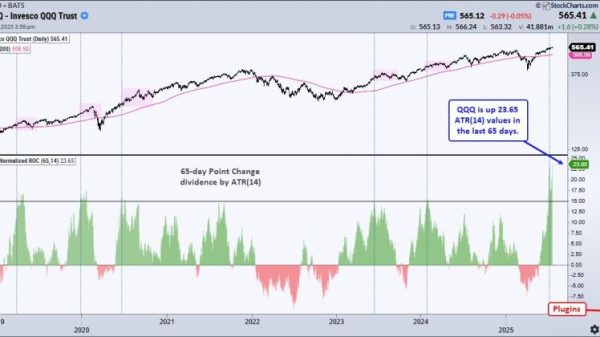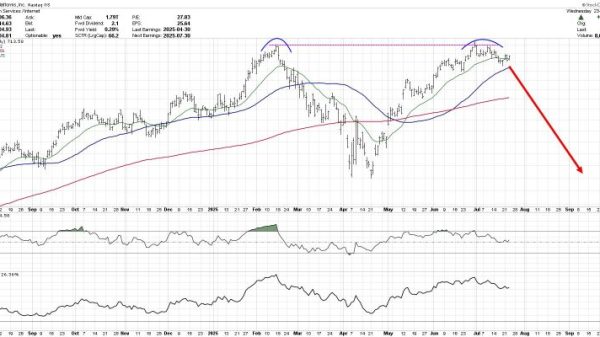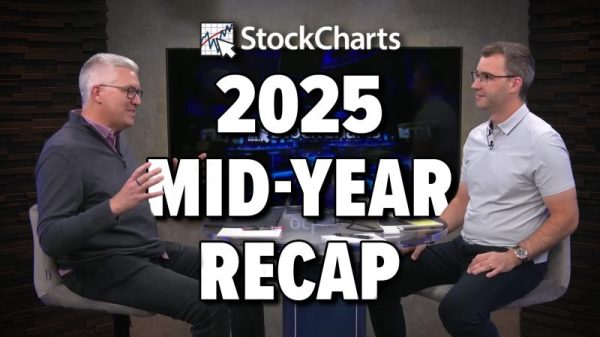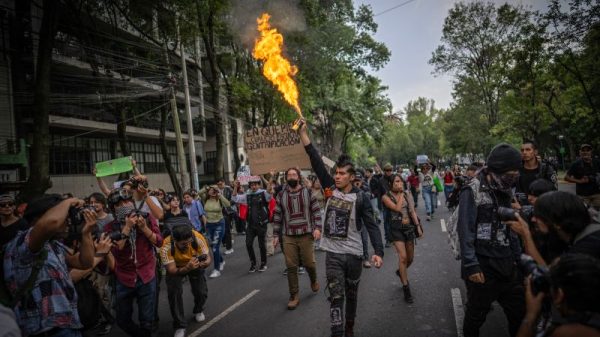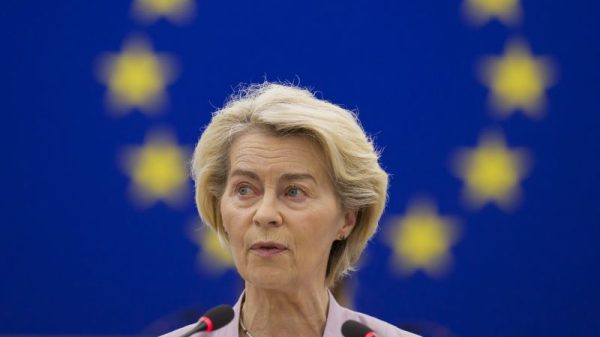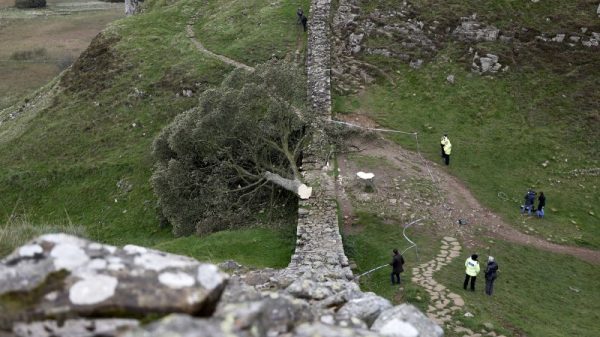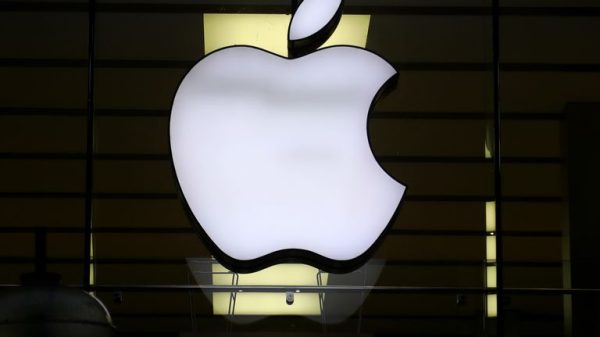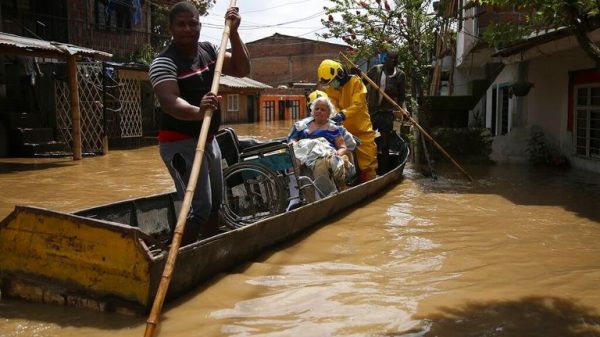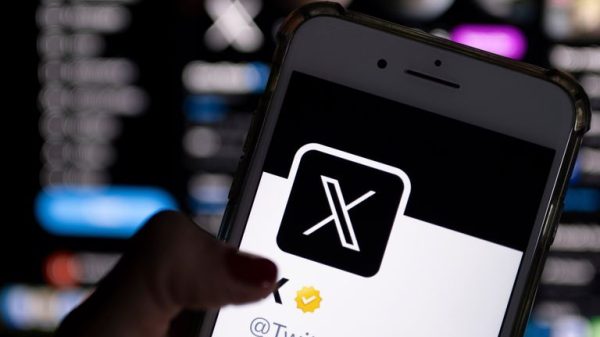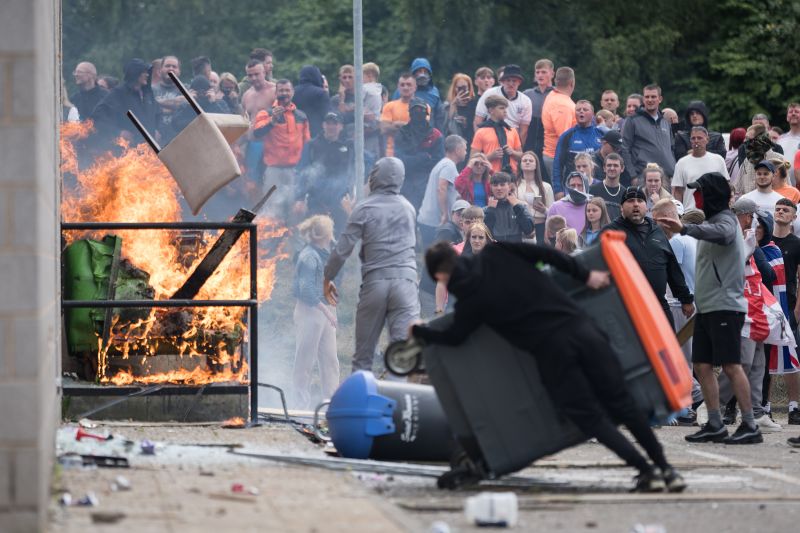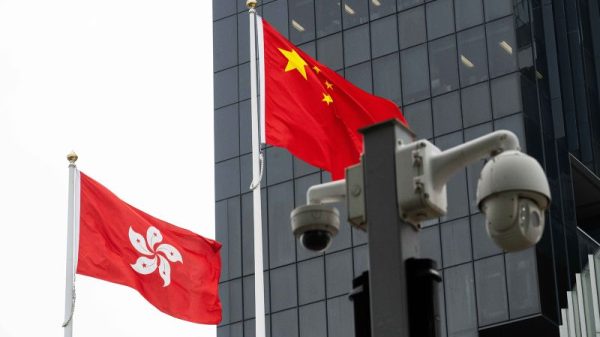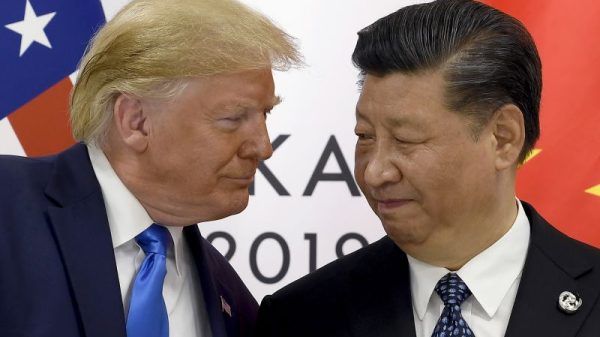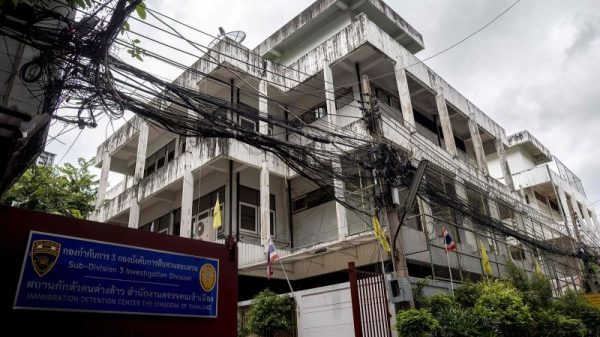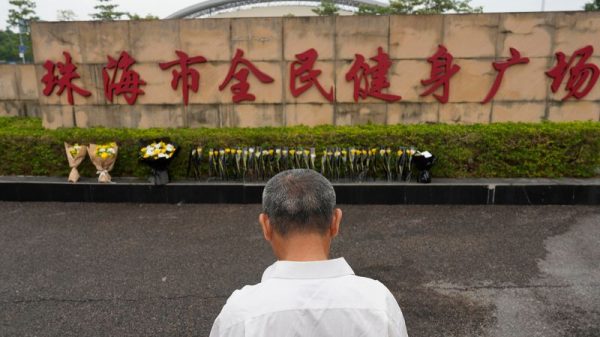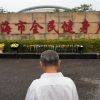Far-right riots swept Britain over the weekend, with outbreaks of anti-immigrant violence in a number of cities and towns, leaving the new UK government scrambling to control the worst disorder in more than a decade.
Crowds of far-right agitators set fire to hotels housing asylum seekers, leaving those inside trapped and terrified, while throngs of rioters in other cities damaged public buildings and clashed with police, throwing objects at officers and smashing their vehicles.
Protests first broke out late last month, after an anti-immigrant misinformation campaign stoked outrage over a stabbing attack that left three children dead in Southport, northern England.
Prime Minister Keir Starmer chaired his first COBRA session on Monday morning – an emergency meeting of national agencies and branches of government – to discuss the response to the disorder. “This is not protest,” he said on Sunday, adding: “It is organized, violent thuggery and it has no place on our streets, or online.”
The riots are the first crisis for Starmer, who became Britain’s leader a month ago after his Labour Party unseated the Conservatives in a general election. His next steps will be closely watched by lawmakers and the public.
Here’s what we know about the violence, and what may come next.
What happened on Britain’s streets?
Throughout Friday, Saturday and Sunday, violent protesters congregated in city and town centers across the UK, many of them apparently intent on clashing with police and causing havoc.
The gatherings ostensibly started as anti-immigration marches, organized on social media platforms like X and on WhatsApp and Telegram groups. They quickly turned disorderly and violent.
Protesters set ablaze two Holiday Inn hotels, in the town of Rotherham, northern England, and in Tamworth, in the Midlands, central England, that were believed to be housing asylum seekers awaiting a decision on their claims.
The Rotherham hotel at the time was “full of terrified residents and staff,” according to a statement by South Yorkshire Police Assistant Chief Constable Lindsey Butterfield.
In Tamworth, rioters threw projectiles, smashed windows and started fires, injuring one police officer, according to local authorities. In Rotherham, they threw wooden planks, used fire extinguishers against officers, set fire to objects near the hotel, and smashed windows to gain entry to the building, police said.
Violence also took place in Sunderland, Middlesbrough, Stoke-on-Trent and several more cities, mostly across the Midlands and north of England. The Home Office said Sunday that mosques in the United Kingdom were being offered “greater protection with new emergency security.”
In all, more than 370 people were arrested following the weekend’s violence and the number was expected to rise “as forces continue to identify those involved and continue to apprehend those responsible,” the National Police Chiefs’ Council (NPCC), the UK’s national law enforcement body, said.
Many more suspects have yet to be identified, and authorities have pledged to use facial recognition and other technologies to track them down.
“People in this country have a right to be safe and yet, we’ve seen Muslim communities targeted, attacks on mosques, other minority communities singled out, Nazi salutes in the street, attacks on the police, wanton violence alongside racist rhetoric,” Starmer said at Downing Street.
“So no, I won’t shy away from calling it what it is: Far-right thuggery,” he added.
What caused the unrest?
The violence was most immediately triggered by the stabbing of a number of children in Southport, northwest England, earlier in the week – a rare and shocking incident that left three young girls dead and the country reeling.
The far-right seized on and spread a wave of disinformation about that incident, including false claims the suspected attacker was an immigrant, to mobilize anti-Muslim and anti-immigrant protests. Police say the suspect was born in Britain.
But anti-migrant rhetoric has become increasingly widespread in Britain in recent years, with critics saying that trend has emboldened far-right sympathizers and contributed to scenes like those seen over the weekend.
Last month’s general election saw Reform UK, a populist right-wing group running on a confrontational anti-migration platform, pick up the third-most votes of any party, after a campaign in which the topic of immigration featured heavily.
Nigel Farage, the leader of the party, condemned the violent riots on Monday, but added “deeper long-term problems remain,” criticizing what he deemed the “soft” policing of previous anti-racism riots and the “fracturing of our communities as a result of mass, uncontrolled migration.”
Some lawmakers in the Conservative Party, which shifted its rhetoric and policy towards the right over its 14 years in power, particularly on issues of migration, hit back at qualifications like those made by Farage.
In a thinly veiled swipe at Farage and other Reform Members of Parliament (MPs), former hardline Conservative Home Secretary Priti Patel wrote: “Violence and thuggery is always unacceptable. There is no qualification or exception. And politicians on all sides must be willing to stand up and say so.”
And Diane Abbott, Britain’s first female Black MP and the longest-serving woman in the House of Commons, wrote Monday: “Nigel Farage must be happy this morning. Anti-immigrant marches up and down the country and black and brown people living in fear.” A spokesperson for Farage declined to comment.
Criticism of social media companies
The locations and times for the riots were shared days in advance across social media and on messaging services like WhatsApp and Telegram, causing social media companies to be dragged into Britain’s national conversation about how to tackle the violence.
In particular, Elon Musk’s X platform has been criticized by figures across the political spectrum for allowing far-right figureheads like Tommy Robinson back onto the service, where he has published a stream of posts encouraging the protests, while criticizing violent attacks.
Starmer’s decision Sunday to double-down on his message, made earlier in the week, that the protesters were “far-right thugs” was pointed; that initial declaration was criticized by right-wing accounts online, leading to the circulation of the hashtag #FarRightThugsUnite on X.
Musk himself wrote on X over the weekend that “civil war is inevitable,” in response to a post on the platform that blamed the riots on “mass migration and open borders.”
On Monday, the prime minister’s spokesperson told reporters “there’s no justification for comments like that,” adding that Starmer “wouldn’t share those sentiments.”
Starmer faces first crisis
The last time Britain faced social unrest on this scale was in 2011, when a fatal police shooting of a Black British man in north London led to protests that turned into days of riots in the capital.
The man in charge of bringing those offenders to justice was Keir Starmer, then Britain’s Director of Public Prosecutions. And Starmer faces a similar crisis just one month into his premiership.
Starmer ordered courts to open 24 hours to process rioters and looters swiftly in 2011, and the following year credited this speed of processing cases for playing “some small part in bringing the situation back under control.” He has responded similarly now, using governmental powers to allow courts to sit for longer.
But Starmer also faces unique challenges in 2024, after a decade in which Britain’s public services have complained of underfunding and have been brought close to gridlock.
Fewer than 1,500 spaces were available across prisons in England and Wales as of Friday, the British Ministry of Justice reported on August 2, ahead of a weekend in which hundreds of people were arrested. In July, the UK’s Secretary of State for Justice said that British prisons were “on the point of collapse,” routinely operating at 99% capacity since the start of 2023.
The crisis has abruptly ended Starmer’s post-election honeymoon and caused MPs from across the political spectrum to urge him to recall Parliament, which is in its summer recess, for a debate about the riots. Starmer’s spokesperson said the government is focusing on responding to the riots.
Parliament has been recalled six times in the past decade, according to PA Media, but just once to respond to a live crisis unrelated to the Covid-19 pandemic – the fall of Afghanistan to the Taliban in 2021.






